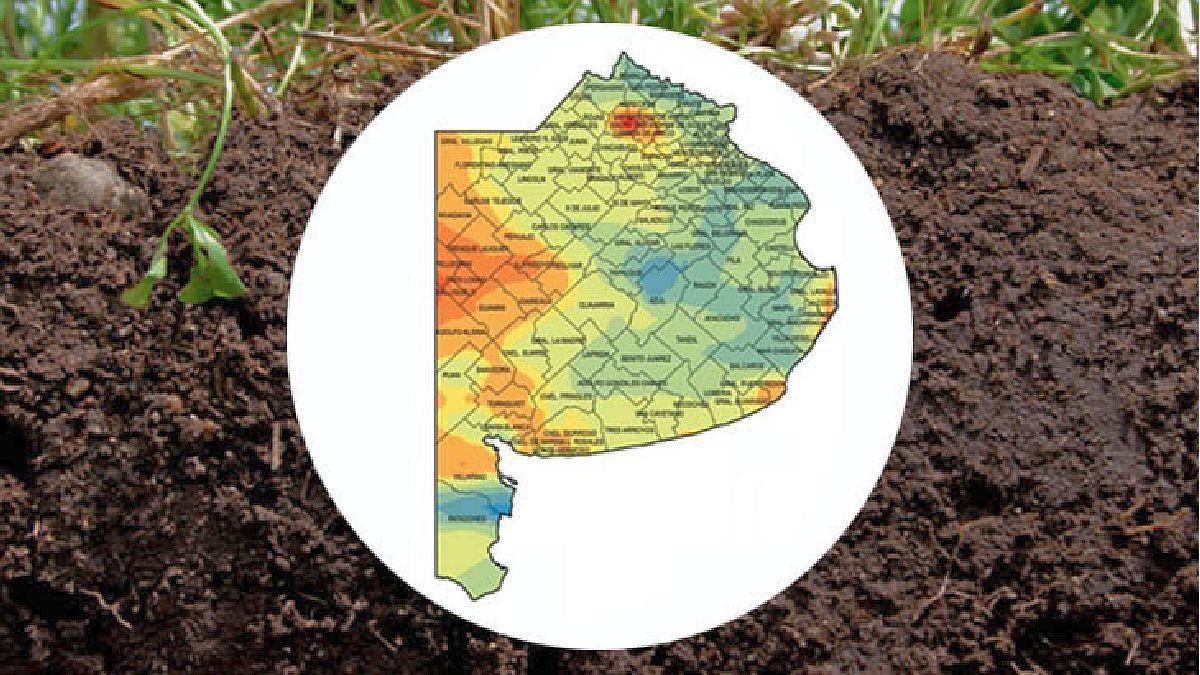Regulatory Decree No. 1030/2020 establishes the practical definitions of the general elements described by the Law. Two of its most important definitions are what is understood by adaptation and mitigation, describing these concepts in Article 3:
Adaptation: Adjustments in natural and human systems in response to current or expected climatic stimuli, minimizing the risk of damage or taking advantage of beneficial opportunities.
Mitigation: Anthropogenic intervention to reduce emissions from greenhouse gas sources, increase their carbon dioxide sinks, or destroy other greenhouse gases.
Argentina, in debt to climate change
From the provincial and municipal point of view, we are always subject to the little room for maneuver that municipalities have with respect to national laws of public order (Article 5 of the law). The lack of Municipal Autonomy in the Province of Buenos Aires, makes the practical application of the Law subject to National provisions, and in turn those taken by the Government of the Province of Buenos Aires. For the municipal system, the work of the provincial entities in charge of the matter will be key.
Article 6 provides that the local enforcement authorities of the National law are the agencies that the provinces and CABA determine to act within the scope of their respective jurisdictions. In the Province of Buenos Aires, the entity naturally in charge should be: el OPDS (Provincial Organization for Sustainable Development).
From a subjective perspective, implementing such an important legislation for municipal public life, fundamentally in the districts with great biodiversity, (such as the municipalities of the North of the AMBA), should be applied through a new institutional creation, a body that implements the National Law closely related to the particular circumstances of the 135 Buenos Aires municipalities, focusing on specific treatment models, adapted to the industries, populations and economies of a province of great biological, geographical and ecological diversity.
This new legislation represents a paradigmatic change in the legal approach to climate change, one of its greatest achievements being the factual recognition of the phenomenon, which It is no longer a matter of debate between politicians and environmentalists, but rather a real problem that requires real policies.
The interior of Buenos Aires has municipalities ranging from 5,000 inhabitants in the center west, to (approximately) two million in La Matanza in the metropolitan area, for this reason, Conceptually interesting is the creation of a specific enforcement entity that works side by side with the municipalities and their realities.
It would also be beneficial that, within the possibilities established by Decree-Law No. 6769/1958, Organic Law of the Municipalities of the Province of Buenos Aires, each district seeks the best way to apply the national standard in their communities, taking into account it considers its natural resources, its environmental problems and development needs in a local context of socio-environmental justice.
The environmental discussion is increasingly present in the public life of large metropolitan urban centers. An efficient environmental policy is an indisputable need, which was installed in the public discussion of municipal affairs, promoted by the increasing pollution of air, water and soil in cities, together with the uncertainty about how Climate Change can affect quality life of citizens.
We must maintain an integrated look at the global problem, while continuing to address urgent and direct environmental problems in our cities.
Lawyer. Professor of Human Rights from the International Perspective, Faculty of Legal and Political Sciences, San Isidro headquarters, Tigre classroom extension, University of Business and Social Sciences.




